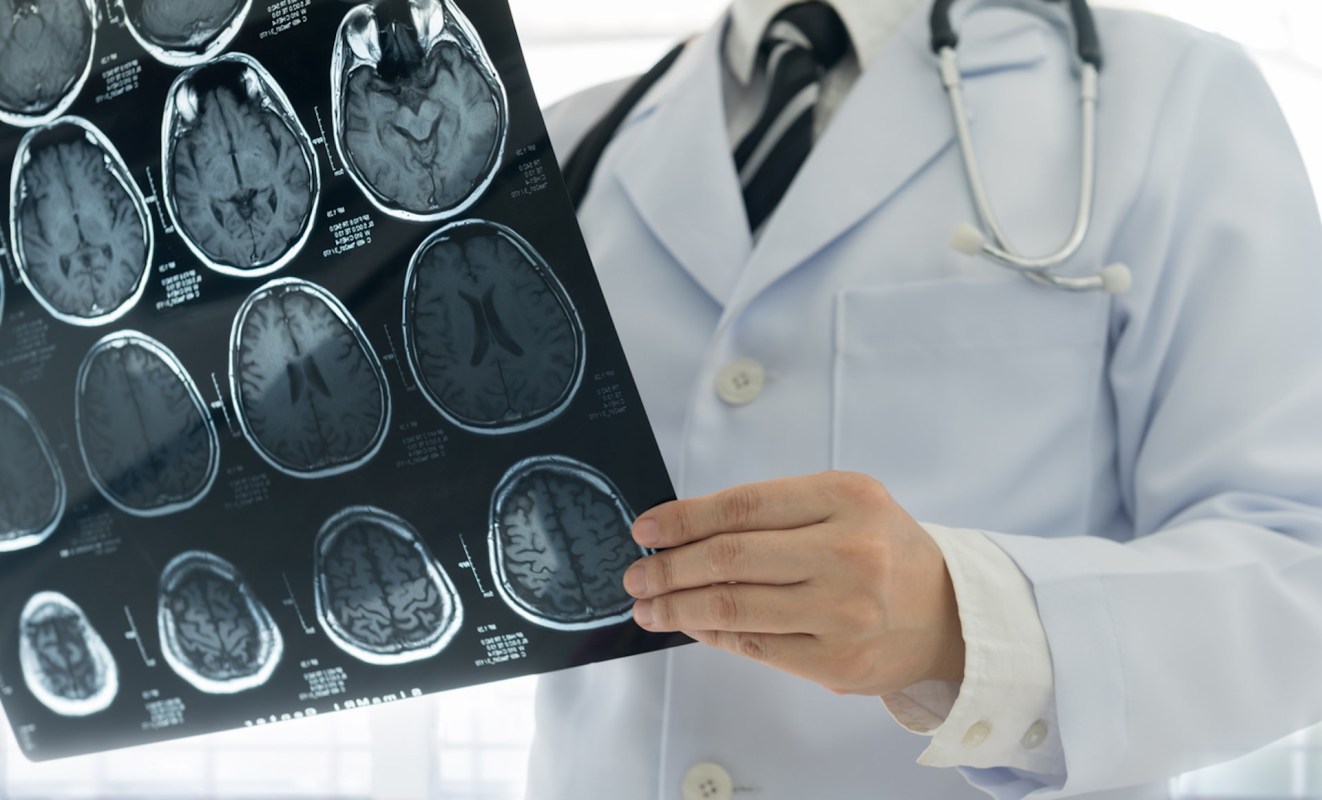Nanoplastics have been found in our blood. Now, researchers at Duke University have evidence that these tiny but ubiquitous bits of pollution may potentially be impacting our brains.
The study is among some of the latest findings about how small particles — including air pollution and plastic — are linked to troubling health problems.
The Duke team has found that nanoplastics interact with brain proteins, "creating changes linked to Parkinson's disease [impacting the nervous system] and some types of dementia," per a university report.
What's happening?
Nanoplastics were found in the blood of 77% of people who were part of a recent study in Environment International posted by ScienceDirect.
Duke is studying how plastics, which break down into small particles slowly, leach into our brains. Unfortunately, the pollution may be associated with or contributing to an increase in Parkinson's disease, according to Duke.
"Parkinson's disease has been called the fastest-growing neurological disorder in the world," study principal investigator and Duke Professor Andrew West said in the university story. "Our study suggests that the emergence of micro and nanoplastics in the environment might represent a new toxin challenge with respect to Parkinson's disease risk and progression."
Nanoplastics are tiny particles of plastic resulting from the deterioration of products that we use and trash each day, including cutlery and cups. The Duke team found an accumulation of the plastic proteins in "test tubes, cultured neurons, and mouse models of Parkinson's disease."
"This is especially concerning given the predicted increase in concentrations of these contaminants in our water and food supplies," West said in the report.
Why is it important?
Nanoplastics join air pollution particles as small potential enemies to our brains. The latter have been linked to dementia. Nanoplastics may impact our lives at the earliest stage, even when microwaving plastic baby bottles.
Duke's findings offer another layer of concern.
"While microplastic and nanoplastic contaminants are being closely evaluated for their potential impact in cancer and autoimmune diseases, the striking nature of the interactions we could observe in our models suggest a need for evaluating increasing nanoplastic contaminants on Parkinson's disease and dementia risk and progression," West said in the Duke report.
The United Nations reports that it takes plastic up to 500 years to break down.
"Even then, it never fully disappears; it just gets smaller and smaller," per the UN.
How can I avoid nanoplastics?
There are alternatives for many of the single-use, throwaway plastic products that fill our lives. By embracing glass, and biodegradable options for vegetable wraps, coffee pods, and even baby shoes, you can help to reduce the amount of tiny plastic troublers that is expected to impact life in the future.
You can also support companies that spearhead projects to reduce waste through reusable containers for food and drink. Reusable straws, food trays, and cups made from recycled materials help to ensure a more planet-friendly economy.
Join our free newsletter for weekly updates on the coolest innovations improving our lives and saving our planet.









